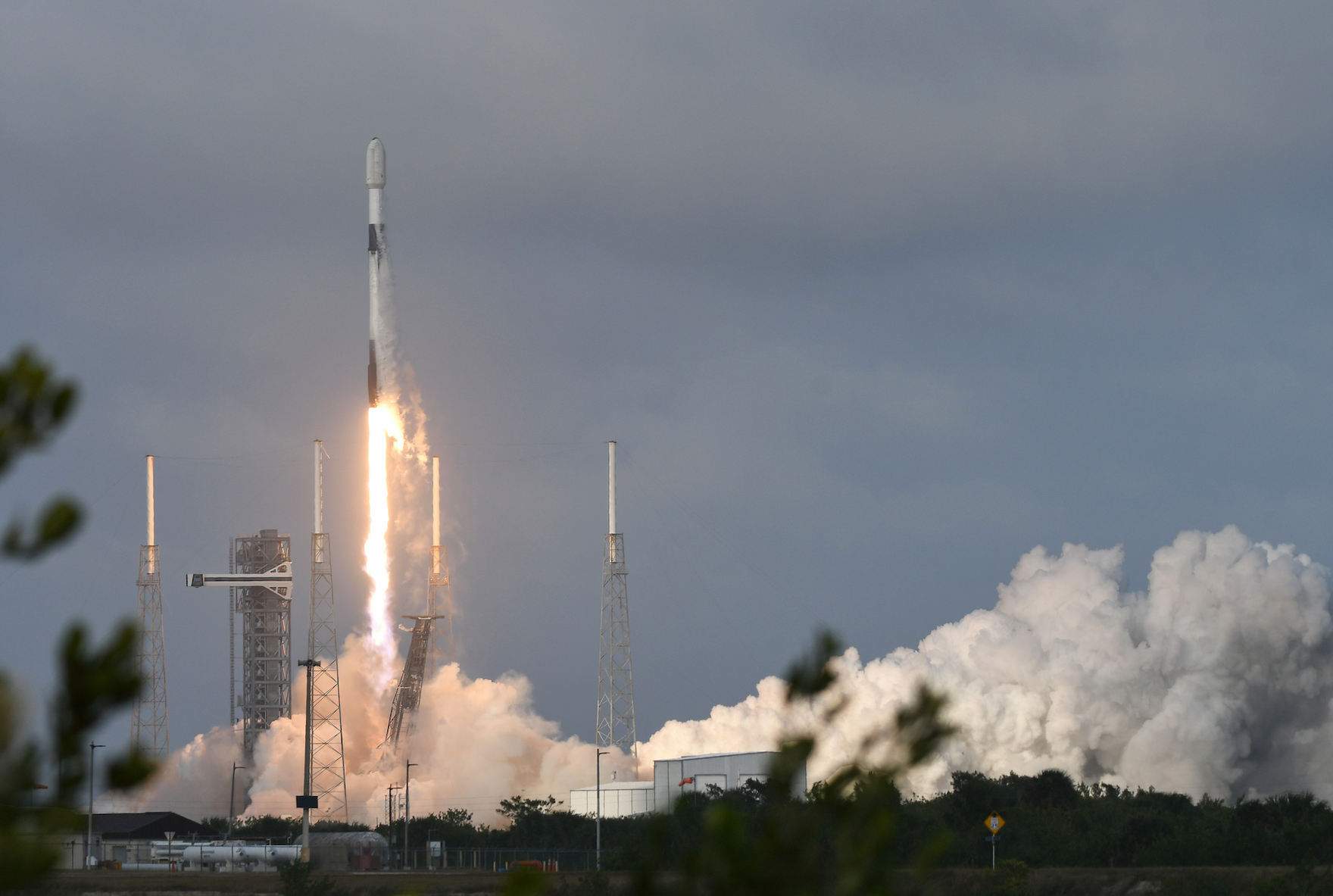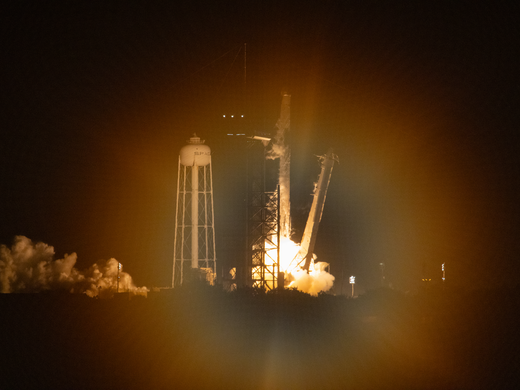In a mission that builds on both public and private contributions, the National Aeronautics and Space Administration (NASA) recently launched a spacecraft destined for the asteroid Psyche, a curious object just beyond Mars that might be made of metal. The interstellar mission is run by the US space agency, was launched aboard a SpaceX Falcon Heavy rocket and features a principal investigator from Arizona State University, Professor Lindy Elkins-Tanton.
Welcome to Space 2.0, where “the established military industrial space sector is no longer the only game in town.” Innovative startups, academic labs, speculative investors and other private actors inhabit the new landscape alongside governmental space agencies.
But Space Law 2.0 has not yet arrived to meet the moment. And that’s a shame. Governments could be stepping up to develop international regulatory frameworks to better govern the public-private space environment, with its new projects and plans. Because governments aren’t crafting new international agreements at the moment, norms are developing in other ways.
International space law was forged in the bipolar Cold War 1960s, when the race to space began. Five space treaties emerged in a short two-decade spurt, which petered out by the late 1970s. The treaties reflect the geopolitical fears of the time, such as national appropriation of space objects and the weaponization of space. The treaties are minimalistic, barring armament and land grabs and offering some general principles about international cooperation.
Fast forward half a century and there are no new laws on the books. This, despite mounting legal and policy questions about satellite mega-constellations and the risk of hazardous orbital debris, how to ensure open scientific exchange and interoperable space infrastructure, extraction rights for precious metals and other important matters.
The United States, Russia and China are all making claims...about how to interpret existing international space law in new contexts.
It doesn’t have to be this way. Governments could spring into action and prioritize multilateral cooperation on space rules. There are some encouraging recent multilateral success stories in other areas, such as the new High Seas Treaty. That was the product of 20 years of diplomacy, however, and no such effort is in the works for space law.
Indeed, in the cooperative decay of twenty-first-century post-multilateral geopolitics, new international space treaties are not likely. Governments are preoccupied by new wars, security concerns, irregular migration, tech challenges and multipolar realignments of power. They are defanged by populism at home. The strong treaties of the twentieth century are giving way to unilateral power grabs and watered-down commitments.
This failure to make new law is producing a turn to soft law, multi-stakeholder pledging platforms (where pledgers of all types offer unilateral commitments within an accountability structure) and other governance tools. One example is the Paris Peace Forum’s efforts to garner pledges on orbital debris. The Working Group on Legal Aspects of Space Resource Activities in the Committee on the Peaceful Uses of Outer Space Legal Subcommittee is engaging in important discussions.
These cooperative but non-binding projects may help meet the moment.
But these are not the only ways international space norms are developing. Another method is norm entrepreneurship by individual governments and small coalitions of states, and by private actors.
The United States, Russia and China are all making claims, for example, about how to interpret existing international space law in new contexts. The United States has passed legislation and executive orders that try to define contested treaty terms such as “appropriation.” Washington has also pushed its interpretation through the Artemis Accords, a clever diplomatic document masquerading as a treaty. In effect, the United States has used private contracts to bolster its claims.
This US project is catalyzing both vigorous protest and responsive efforts by its geopolitical rivals, namely Russia and China. The two are developing plans for a lunar station, with a founding agreement widely seen as a competitor to the Artemis Accords program. Other countries are forming unaligned regional and bilateral projects such as the Latin American and Caribbean Space Agency, to be based in Mexico.
One way to understand this activity is as an attempt to develop the law through “state practice,” a term of art in international law. State practice helps international law evolve to meet new circumstances. It can confirm the meaning of existing treaty terms and create customary international law, which is uncodified but understood to be binding.
Private commercial actors are also engaging in norm entrepreneurship. They lobby domestically and internationally for commerce-friendly rules and interpretations of law. They also forge ahead with new space applications on a wager that space law will develop to allow these. They then publicize their business prospects to government officials and the public, hoping to become immune to later regulatory challenge.
In one sense, such entrepreneurial efforts are the normal stuff of international legal development: claims by governments about what the law is and responses to those claims by other governments, all in an environment shaped by domestic interests. This is a normal iterative process that could eventually lead to a new legal rule or a settled interpretation of existing law.
In the meantime, however, these activities are producing legal fragmentation, and no general agreement on rights and duties in space. The legal entrepreneurial process will also likely favour the strong: wealthy states with technical capacity and well-staffed foreign ministries, and the commercial actors racing to space.
If this isn’t the future we want, governments should head to the negotiating table.
This piece is a response to “Only Effective Space Governance Can Prevent Future Conflict” by Timiebi Aganaba.



